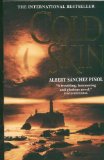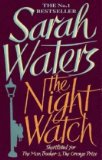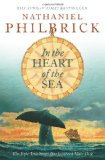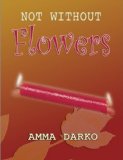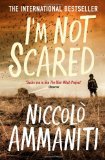 Translated from the Italian by Jonathan Hunt
Translated from the Italian by Jonathan Hunt
Five words from the blurb: Italian, village, children, discovery, scare
I bought a copy of this book a couple of years ago after seeing several bloggers rave about it. For some reason I expected it to be chilling and so avoided reading it until I could do so in daylight hours. This was unnecessary as it was a much less scary than I anticipated.
The book is set in a small Italian hamlet where six children have the freedom to explore the surrounding countryside. One day nine-year-old Michele is dared to enter a derelict house on the outskirts of their village and is shocked by what he discovers there.
The story was narrated by Michele so was much simpler and faster paced than I expected it to be – I flew through the entire book in just a few hours. There was something wonderful about the childhood innocence of the narration, but it also frustrated me. I felt I was being pulled along too quickly, forced to almost skim the words instead of slow down and think about the difficult issues that were being raised.
‘Papa! Papa!’ I pushed the door and rushed in. ‘Papa! I’ve got something to…’ The rest died on my lips.
He was sitting in the armchair with the newspaper in his hands looking at me with toad’s eyes. The worst toad’s eyes I had seen since the day I had drunk the Lourdes water thinking it was acqua minerale. He squashed his cigarette-end into his coffee cup….
Papa drew in air through his nose and said: ‘Where have you been all day?’ He looked me up and down. Have you seen yourself? What the hell have you been rolling in?’
The book has been described as a ‘literary sensation’ and I think that is the wrong term. I’m Not Scared is a more mainstream piece of fiction and is the type of book I’ll be pushing into the hands of a wide variety of friends. It is particularly good for showing that translated fiction needn’t be difficult or boring.
Some people might find the ending frustrating, but I was impressed by the suspenseful nature of it and the way it forces the reader to think about the book for much longer than they would if everything was tied up neatly.
Overall I found this to be an entertaining read, but it lacked the depth to be considered outstanding.

.
The thoughts of other bloggers:
…a gripping read with strong emotional impact. Medieval Bookworm
The ending went beyond ambiguous to just plain lacking. Carpe Librum
If you intend to read this book make sure you’ve got a few clear hours to do so, the storytelling is so rich and vivid you won’t want to abandon it until the final, devastating climax is reached. Reading Matters



